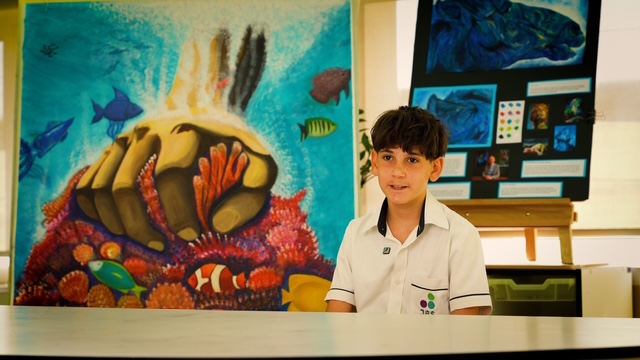Dubai Safari Park Unveils Eye-Opening Findings From Student Survey Ahead Of World Environment Day

As part of its World Environment Day initiative, Dubai Safari Park conducted an insightful survey with 100 school students aged 12to 15,capturing their hopes, ideas, and concerns for the future of the planet. The initiative aimed to spotlight youth perspectives on environmental issues and elevate the voices of the next generation of changemakers.
The results revealed a strong environmental consciousness among students, with 48% expressing a desire for more education about how to protect the planet. Moreover, 53% said they aspire to pursue careers that contribute to environmental or animal welfare, from veterinarians to wildlife conservationists.
When asked what they would do if they had magical powers, 50% of students proposed practical environmental solutions, including reversing global warming, stopping pollution, cleaning the oceans, planting trees, and promoting recycling—demonstrating not only imagination but a clear grasp of real-world challenges.
In one of the survey’s most revealing questions, students were invited to set their own rule if they were responsible for protecting animals and nature. A majority—57%—focused on compassion, protection, and prevention of harm. Popular responses included:
- “Give all animals a home.”
- “No more hunting.”
- “Don’t treat animals like trash.”
- “Make sure they have shelter.”
- “Stop hurting or scaring animals.”
- “Protect their habitats.”
“This World Environment Day, we are reminded that the future of the planet is in our hands. What these students shared is not only insightful—it’s urgent,” said Muna Alhajeri, Director of Dubai Safari Park. “Their words show empathy, awareness, and leadership far beyond their years. As a conservation-led destination, Dubai Safari Park is proud to amplify youth voices and translate their vision into real-world action.”
She added, “During our sixth season alone, we welcomed over 45,000 students, reinforcing our commitment to fostering environmental awareness through immersive and educational experiences.”
Dubai Safari Parkhas also continued to make significant strides in sustainability. During its sixth season, the Park planted more than 142,775 trees and plants to enhance biodiversity and support land restoration efforts. Energy-saving initiatives helped reduce consumption by approximately 1,260 MWh, while solar panels generated an additional 931 MWh. Over 300 tonnes of waste were recycled or converted into nutrient-rich fertiliser, and the Park’s Nutrition Centre produced 116,000 kilograms of cultivated grasses for animal feed.
Dubai Safari Park concluded its sixth season on 1 June and will reopen for its highly anticipated seventh season on 14 October 2025. Building on the insights gathered through the student survey, the Park will continue to evolve its educational programmes and sustainability efforts to empower future generations.
For more information, please visit: https://dubaisafari.ae/


